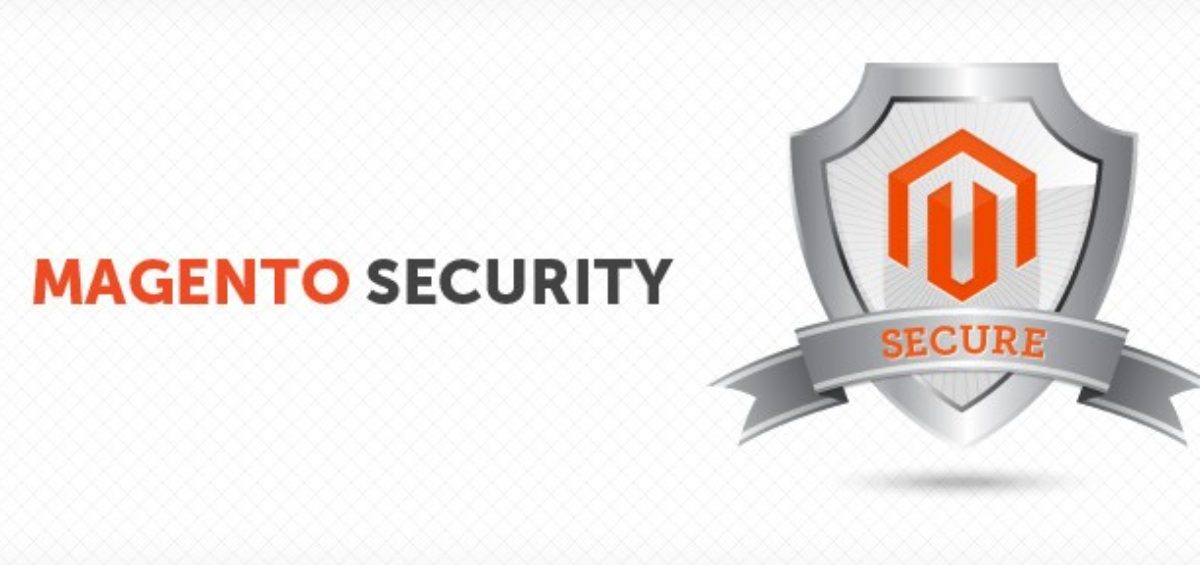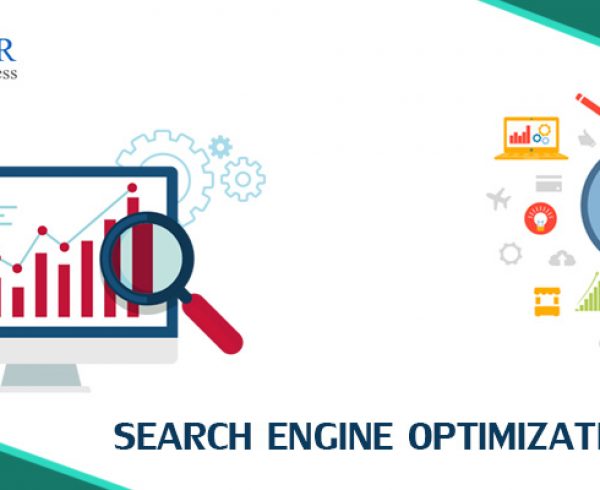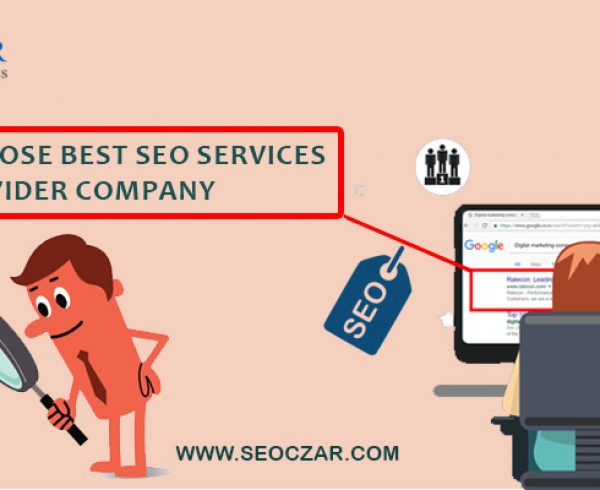Online shopping and stores are the most attractive things in every age group. There is a huge audience that is active on the internet spending lots of time online stores. And it has gone through so many transactions. Such e-commerce stores need a secure CMS. And Magento is one of the most secure CMS for an e-commerce store.
If you own an online shop powered by Magento then you are in the right company. Magento is one popular eCommerce platform to create SEO-friendly E-commerce website designs to be used by many merchants around the globe and one reason behind this is its security features?
The platform has implemented a plethora of inbuilt security features but believe it or not, it may not be enough! The good thing though is that you can do something to secure your store and this is what this article is all about. We will tell you some simple steps you need to take to improve the security of your Magento store.
Simple Steps To Improve Magento Security
- Install an SSL Certificate
- Use Strong Username-Password Combinations on Magento
- Implement Two Factor Authentication (2FA) on Magento
- Restrict Access to Magento Admin Page
- Enable CAPTCHA in Magento
- Update Your Magento Store
- Use Trusted Magento Extensions
- Find the Right Magento Host
- Backup
Install an SSL Certificate
One of the first ways to improve your Magento security is to buy an SSL certificate from a verified certificate authority or re seller and install it to your shop’s server. If you have no clue what SSL is all about then it a security protocol otherwise known as Secure Socket Layer. What SSL does is to encrypt communication between your Magento shop users or rather, the client end and the server side. This way, you will reduce the chances of any eavesdropper intercepting sensitive information such as credit card info, personal user details, etc. Besides, having an SSL installed will help you avoid having your users being re-routed to a ‘Not Secure’ warning by Google.
Use Strong Username-Password Combinations on Magento
How strong are your username-password combinations? They shouldn’t be blatantly super easy to guess through algorithms like brute force attacks. This is a common technique used by attackers whereby computer powered algorithms guess passwords through a trial and error. To avoid falling prey, create a strong username-password combination, refrain from reusing passwords and change your Magento passwords regularly.
Implement Two Factor Authentication (2FA) on Magento
Two-factor authentication otherwise referred to as 2FA is an extra layer of authenticating users using ways other than a passcode. In other words, you should add a second factor of authentication for every user be it the customers or those with access to the admin section of your store. This will go a long way in protecting your site from hackers, keyloggers, unauthorized logins, data sniffing tools, etc. The beauty is that there are simple ways to set up 2FA on Magento in the form of adding extensions such as Authy, Google Authenticator, U2F, Duo Security, etc.
Restrict Access to Magento Admin Page
Unlike the user pages in the store, the admin pages shouldn’t be open to the public. It should only be restricted to you and a few authorized personnel only. This way, you add an extra layer of protection against any malicious traffic targeting the admin pages of the Magento store. In fact, the common admin page URL is becoming a major target in the world of cybercrime.
Thus, you also advise to change it from the default link used in the common installation. Replace it with an admin page URL that isn’t easy to identify. Remember to also check your admin user permissions regularly for signs of malicious activity. If for example, you find that there is an admin user that you don’t recognize, then you will need to check if your Magento admin panel has been breached.
Enable CAPTCHA in Magento
Another simple way to protect your Magento store is to enable CAPTCHA for both admin and customers on the front end side. A CAPTCHA is basically a program that generates simple tests that only humans can solve before getting access to parts of your store hence filtering malicious bots from consuming your resources and even presenting threats to your store. Again, Magento has an inbuilt way to enable this without having to rely on external plugins for that.
Update Your Magento Store
Are you using the latest version of Magento? Well, you should and if you haven’t you should think of upgrading your environment. Updates are a great way to fix bugs in previous versions meaning that you should always keep tabs on new Magento versions as they roll out from time to time.
Use Trusted Magento Extensions
Magento extensions are meant to extend the functionality of your stores without having you break a sweat. Unfortunately, not every cool extension out there is safe. Some may introduce vulnerabilities to your store especially if the plugin isn’t develop according to Magento extension development standards. So, always do a background check about a plugin before installing it in your store. Keep an eye on things like customer reviews, the developer reputation and the frequency at which the plugin updates.
Find the Right Magento Host
You have done everything to secure your site but what about your site host? Do they take matters security seriously? Ensure that you have a host that takes care of server security for you in case you don’t have a technical team to handle this side of your business. You could opt for a managed hosting service and the advantage is that there are lots of options to pick from in the market.
Backup
Last but not least, always backup! You don’t want going back to zero or even losing your business just because you have no fallback plan. Backups are simple fall back plans whenever there is an issue related to your store tech stack. You can download your files to your PC or external drive on a regular basis. Moreover, you should also export your database and have a local mirror or your online database.
Final Remarks
All the steps discussed are simple steps that will help you improve Magento security but there is definitely more. Let’s just say that keeping your Magento store secure is a continuous process. Always stay on top of your security and protect your business!










Leave a Comment